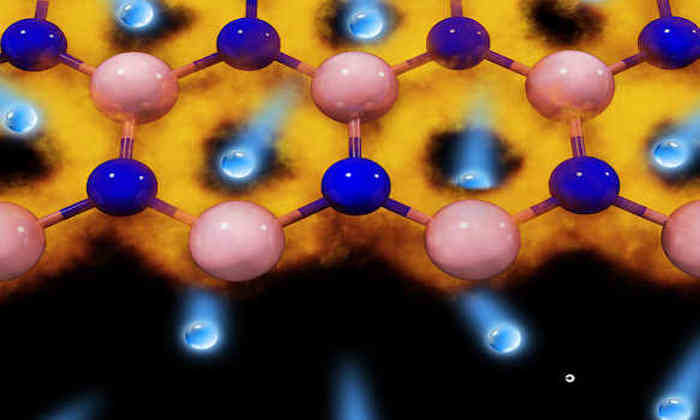Graphene membranes can make nuclear industry greener
11 May 2017
The research could lead to greener and cheaper nuclear power

Graphene could help reduce the energy cost of producing heavy water and decontamination in nuclear power plants by over one hundred times compared with current technologies, according to Manchester research.
The new development could lead to the reduction of CO2 emissions associated with heavy water production by up to a million tonnes each year.
A team led by Dr Marcelo Lozada-Hidalgo demonstrated fully scalable prototypes of graphene membranes capable of producing heavy water.
The research shows that graphene-based membranes could make the production of heavy water more efficient, leading to greener and cheaper nuclear power.
Producing heavy water needed by the nuclear industry to generate clean-energy is an expensive process. Because of graphene’s unique material properties it has the potential to effectively separate sub-atomic particles making this process more efficient and cost-effective.
Research Fellow Dr Lozada-Hidalgo said: “This is a crucial milestone in the path to taking this revolutionary technology to industrial application.
“The potential gains are high enough to justify its introduction even in the highly conservative nuclear industry.”
Nobel Prizewinner Sir Andre Geim, who discovered graphene, added: “Tritium discharged both from nuclear power plants and as a result of environmental disasters is a major global concern.
“We believe this technology can economically transform the environmental footprint of future nuclear plants.”
